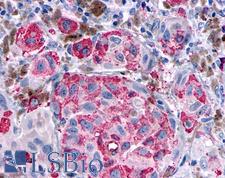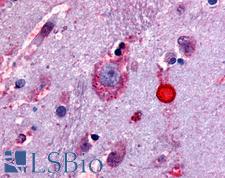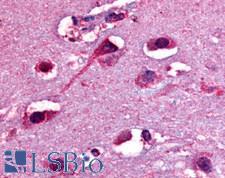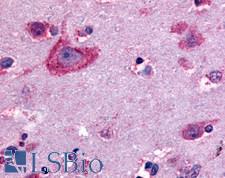Login
Registration enables users to use special features of this website, such as past
order histories, retained contact details for faster checkout, review submissions, and special promotions.
order histories, retained contact details for faster checkout, review submissions, and special promotions.
Forgot password?
Registration enables users to use special features of this website, such as past
order histories, retained contact details for faster checkout, review submissions, and special promotions.
order histories, retained contact details for faster checkout, review submissions, and special promotions.
Quick Order
Products
Antibodies
ELISA and Assay Kits
Research Areas
Infectious Disease
Resources
Purchasing
Reference Material
Contact Us
Location
Corporate Headquarters
Vector Laboratories, Inc.
6737 Mowry Ave
Newark, CA 94560
United States
Telephone Numbers
Customer Service: (800) 227-6666 / (650) 697-3600
Contact Us
Additional Contact Details
Login
Registration enables users to use special features of this website, such as past
order histories, retained contact details for faster checkout, review submissions, and special promotions.
order histories, retained contact details for faster checkout, review submissions, and special promotions.
Forgot password?
Registration enables users to use special features of this website, such as past
order histories, retained contact details for faster checkout, review submissions, and special promotions.
order histories, retained contact details for faster checkout, review submissions, and special promotions.
Quick Order
PathPlusTM OPRD1 / Delta Opioid Receptor Antibodies
Opioid receptor, delta 1 (DRD4) is a G-protein coupled receptor that functions as receptor for endogenous enkephalins and for a subset of other opioids. Ligand binding causes a conformation change that triggers signaling via guanine nucleotide-binding proteins (G proteins) and modulates the activity of down-stream effectors, such as adenylate cyclase and signaling leads to the inhibition of adenylate cyclase activity. DRD4 inhibits neurotransmitter release by reducing calcium ion currents and increasing potassium ion conductance. DRD4 plays a role in the perception of pain and in opiate-mediated analgesia and in developing analgesic tolerance to morphine.
References: The UniProt Consortium. Nucleic Acids Res. 47: D506-515 (2019); Nucleic Acids Res. 2016 Jan 4;44(D1):D733-45, PMID:26553804
4 PathPlusTM Antibodies




☰ Filters
Products
Antibodies
(4)
Type
Primary
(4)
Target
OPRD1 / Delta Opioid Receptor
(4)
Reactivity
Human
(4)
Dog
(1)
Horse
(1)
Monkey
(2)
Rabbit
(1)
Application
IHC
(4)
IHC-P
(4)
Host
rabbit
(4)
Product Group
GPCR Database Antibodies
(4)
PathPlus Neuro
(4)
Clonality
polyclonal pc
(4)
Format
Unconjugated
(4)
Epitope
C-Terminus
(2)
Extracellular Domain
(1)
N-Terminus
(1)
Publications
No
(3)
Yes
(1)

Neuroscience
OPRD1 / Delta Opioid Receptor Rabbit anti-Human Polyclonal (N-Terminus) Antibody
Human
IHC, IHC-P
Unconjugated
50 µg/$395

Neuroscience
Fast Shipping
OPRD1 / Delta Opioid Receptor Rabbit anti-Human Polyclonal (Extracellular Domain) Antibody
Rabbit, Dog, Horse, Human, Monkey
IHC, IHC-P
Unconjugated
50 µg/$395

Neuroscience
Fast Shipping
OPRD1 / Delta Opioid Receptor Rabbit anti-Human Polyclonal (C-Terminus) Antibody
Human
IHC, IHC-P
Unconjugated
50 µg/$395

Neuroscience
Fast Shipping
OPRD1 / Delta Opioid Receptor Rabbit anti-Human Polyclonal (C-Terminus) Antibody
Human, Monkey
IHC, IHC-P
Unconjugated
50 µg/$395
Viewing 1-4
of 4
product results











